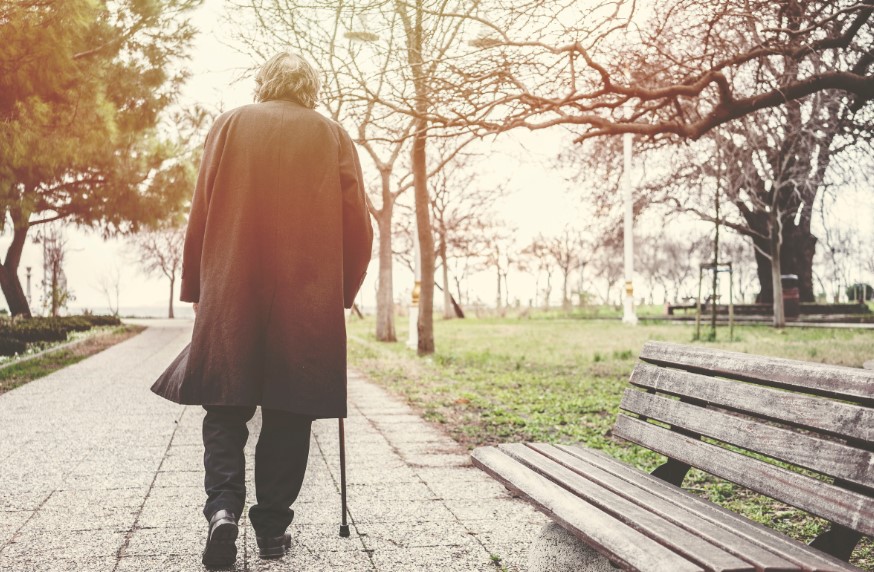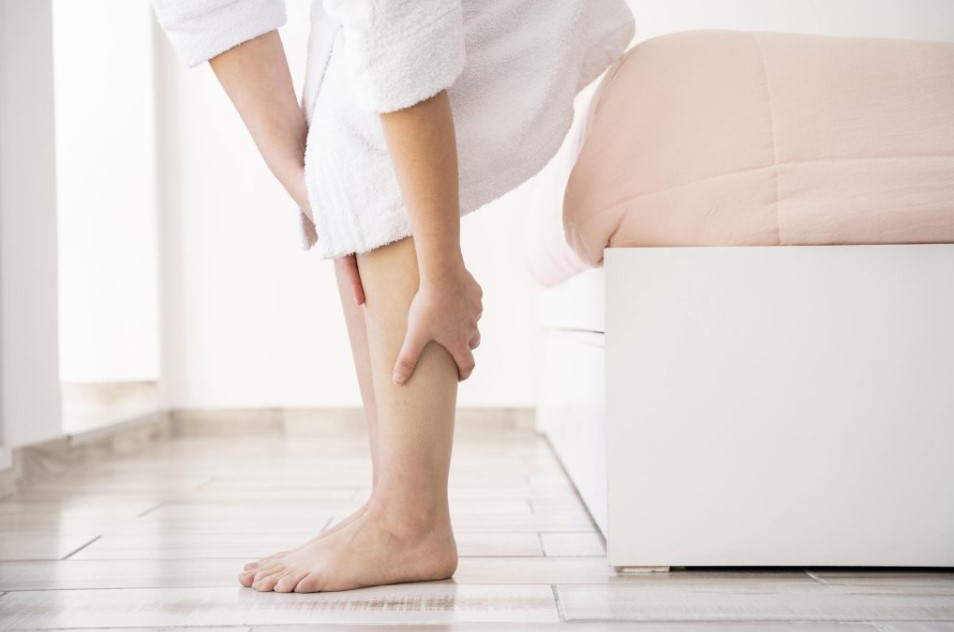
Wandering is common among individuals with dementia, prompting loved ones to always be vigilant of their family members. This can happen at any point in the disease’s progression.
Regardless of weather conditions, whether in a home with family or a hospice receiving palliative care, people with dementia can feel the urge to wander away at any time of the day. They might not realize that they should wear appropriate clothing and may become confused or even lose their way, putting themselves and others in danger.
End-of-life care at home has been effective in ensuring patients are constantly monitored. Although families can’t always watch over their loved ones with dementia every day, they can still take some simple steps to prevent this from happening.
Install Alarms And Locks
All exterior windows and doors should have alarms and locks to prevent people with dementia from wandering away. Having a plan to get your loved one out in an emergency is also important, but having difficulty opening the windows and doors can be a major issue.
Installing alarms and locks on the windows and doors can help alert you if your loved one gets out. Some mats can be placed near their bedroom door or bed to notify you if they get up at night.
You can also add doorknob covers and a lock at the bottom or top of the door frame to help prevent people with dementia from opening it themselves.
Prepare Your Home
Your loved one with dementia must be able to find the doors they need to use properly. Having difficulty opening them can be a major issue.
Sometimes, people with dementia wander away from their homes due to difficulty finding a room. To help prevent this, you can add signs that direct people to the kitchen, bathroom, and bedroom. Make sure that the hallways are well-lit.
You can also prevent people with dementia from wandering away by making it harder for them to access the exterior doors. You can install a floor-to-ceiling curtain or a large folding screen to block the door. You can additionally add signs that say “stop” or “do not enter” to the door to discourage people from using it.
Prepare To Get Them Home Safely
You can also add GPS tracking devices to various accessories such as necklaces, bracelets, and watches. The Alzheimer’s Association has a Safe Return program that allows you to enroll your loved one in MedicAlert. This wearable ID bracelet or accessory can be worn by first responders and can help them quickly contact you if they need to check on your loved one.
Many communities have started using a Silver Alert program to notify the media and local officials about missing seniors. You can also take photos of your loved ones to keep them updated in case something goes wrong.
For families looking for quality care for their loved ones with dementia, Hospice Home Care provides experienced end-of-life care, hospice, and palliative care in California.
For support and consultation regarding patient care, contact Hospice Home Care today.





